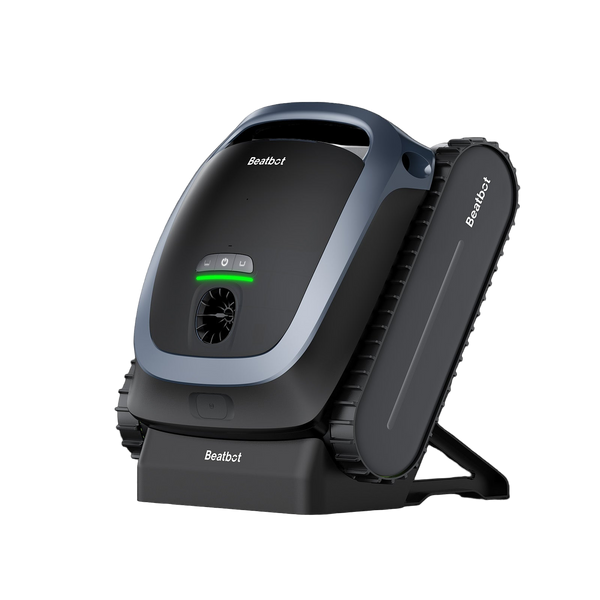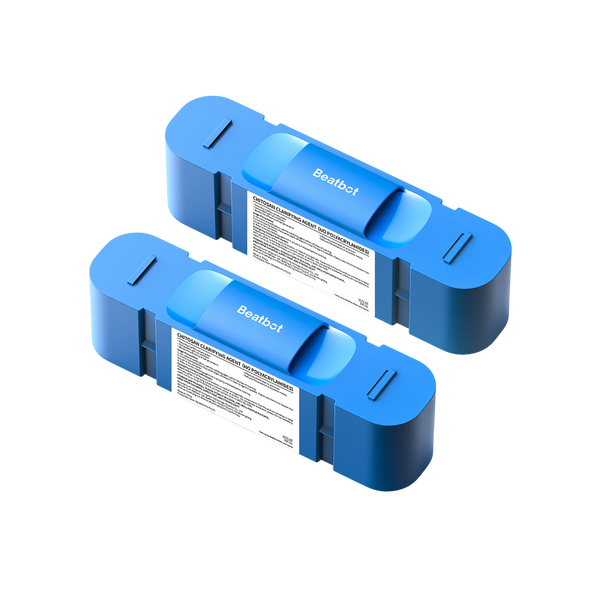Comparing Clarity: Is Pool Water Really Cleaner Than Ocean Water
Ever stood at the beach, watching waves crash while your kids beg to jump in? Or maybe you've caught yourself wondering about that salty taste after an ocean swim compared to your backyard pool. Let's dive deep into what really makes water clean, and you might be surprised at what we find beneath the surface.

Understanding Ocean Water Composition
Mother Nature runs her own water treatment plant in the oceans, and she's been perfecting it for billions of years. That salty taste in your mouth during a beach swim? It's doing more than just flavoring the water. Ocean salinity creates a complex ecosystem where good bacteria thrive while harmful ones struggle to survive.Deep ocean waters move in mysterious ways, carrying minerals that puts your daily vitamin pill to shame. These currents sweep through temperature zones, creating natural purification cycles that humans still haven't fully figured out. Somewhere between the surface and those darker depths, millions of tiny organisms work overtime as nature's cleanup crew.
Pool Water: The Controlled Environment
Think of your pool as a science experiment where you control all the variables. Unlike the vast ocean, you decide exactly what goes into these waters. Your filter hums away day and night, trapping particles smaller than a grain of sand. The real magic happens in the pipes and pumps hidden behind your pool walls.But here's what most pool owners miss - that "clean" smell isn't actually the smell of clean. That classic pool scent comes from chemical reactions happening right under your nose. Your pool creates this controlled environment through a delicate dance of chemicals, each playing its part in the cleanliness symphony.
The Battle Against Bacteria
Remember that time you caught a wave face-first? You probably swallowed more than just salt water. Oceans pack their own punch against unwanted microbes. Sunlight blasts through surface waters while salt creates an environment where nasty bacteria struggle to multiply. Nature's got tricks up her sleeve that no pool chemical can match.Swimming pools take the sledgehammer approach. Chlorine doesn't just kill bacteria - it obliterates them. Your typical pool contains roughly 1-3 parts per million of free chlorine. Sounds tiny, but it's enough to send most germs packing. The ocean? It's playing a longer game, using everything from UV rays to beneficial microorganisms to keep things in check.
Clarity vs. Cleanliness: Breaking Down the Difference
That gin-clear pool water might not tell the whole story. Crystal clarity comes from constant filtration and chemical treatment, but seeing straight to the bottom doesn't automatically mean clean. Ocean water holds millions of beneficial particles that make it look murky but actually help keep it healthy.Turbidity - that's science-speak for how cloudy water looks - doesn't equal dirty. Think about it like this: a jar of pure mountain spring water might look crystal clear but contain invisible bacteria, while slightly cloudy ocean water might be teeming with beneficial minerals and microorganisms that actually make it safer for marine life.
Environmental Impact Comparison
Your pool's carbon footprint stretches further than you might think. Those chemicals you pour in? They don't just vanish after doing their job. Pumps run round the clock, eating electricity like teenagers raid fridges. Meanwhile, oceans naturally process billions of gallons without a single kilowatt.The ocean's cleanup crew never takes a day off. Countless marine organisms filter water as they feed and move about. No electricity bills, no chemical costs - just nature doing what it's done for millions of years. But this delicate system faces its own challenges from human activity, making both environments worth protecting in their own right.

Health Benefits and Risks
Salt water strengthens your immune system in ways chlorine never could. Those minerals seeping through your skin during an ocean swim boost your body's natural defenses. Some doctors even recommend ocean swimming for certain skin conditions - just ask anyone with mild psoriasis who's taken a beach vacation.Pool swimming hits different. The controlled environment means fewer surprises, but those chemicals leave their mark. Your eyes might sting less in a well-maintained pool than in the ocean, but your skin tells a different story after an afternoon of laps. Every swimmer's body reacts uniquely to each environment.
Water Safety Considerations
That ocean lifeguard tower isn't just for show. Rip currents, changing tides, and marine life create an ever-shifting safety landscape. Smart swimmers check weather reports, watch for warning flags, and never venture out alone. The ocean demands respect - even experienced swimmers know better than to underestimate its power.Pool safety looks different. Depth markers, clear visibility, and controlled entry points reduce certain risks. But let's get real - even shallow water requires attention. Those "No Running" signs exist for good reason, and proper chemical balance prevents more than just cloudy water. Both environments need different safety approaches, but neither tolerates carelessness.
Making an Informed Choice
Here's the bottom line - both waters serve their purpose. Training for that triathlon? A pool's measured lanes and clear visibility can't be beat. Want to boost your immune system while catching some waves? Ocean swimming delivers benefits no pool can match.Time of year matters too. Those refreshing ocean waves feel amazing during summer months, but your heated pool extends swimming season well into fall. Consider what you're after - exercise, relaxation, or maybe just cooling off - before diving in.Remember this: whether you're riding waves or doing laps, both waters can be safe when you know what you're dealing with. Each environment brings its own set of perks and quirks to the table. The real winner? That depends entirely on what you're looking to get out of your swim.
Relative Blogs
About the author


























